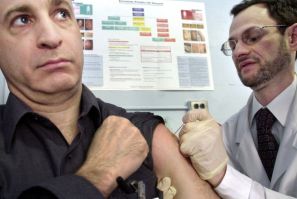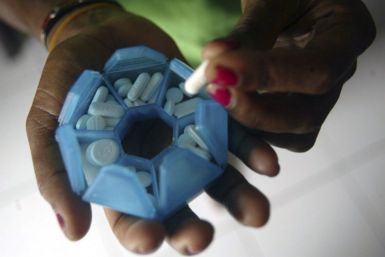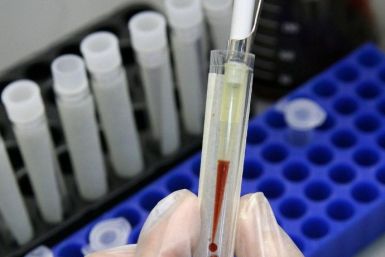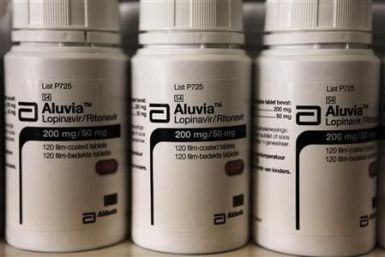In a report released this week, Clinical Preventive Services for Women: Closing the Gaps, the Institute of Medicine recommends the full range of Food and Drug Administration-approved contraceptive methods, sterilization procedures, and patient education and counseling for all women with reproductive capacity.
It is thought to be common knowledge that hospitals are a safe haven, a place to heal. But as it turns out, you might just be safer flying than in a hospital, the World Health Organization said Thursday.
HIV-positive men who have sex with other men are at a high risk of contracting the Hepatitis C virus through sex, according to a new study of men in New York City.
We need a global scientific strategy in order to eradicate AIDS, researches said at the 6th IAS Conference on HIV Pathogenesis, Treatment and Prevention.Fifteen years ago, even the most optimistic members of the scientific community were silent about the prospect of an HIV cure or vaccine, said IAS 2011 International Chair and IAS President, Elly Katabira.
The Institute of Medicine, or IOM, has recommended that the federal government consider having free birth control as part of its preventive services supporting women's health.
A 3,000-foot-high wave of dust poured through the Phoenix area yesterday, coating cars, reducing visibility and delaying some flights.
A Gary, Indiana man was prevented from donating blood because he appears to be a homosexual, even though he maintained that he is straight.
The onset was a single monkey coming down with pneumonia at the California National Primate Research Center in Davis. In a matter of weeks, 19 monkeys were dead and three human beings were sick.
Coffee and tea may save you from MRSA, a deadly staph infection, according to a recent study.
Coffee and tea can save you from MRSA, a deadly staph infection.
Coffee and tea may prevent a deadly disease
Turns out, those people waiting in the incredibly long Starbucks lines are not only getting their caffeine fix, but possibly also warding off staph infection-causing bacterium.
According to a new government study in which 5,555 Americans were sampled, coffee and hot tea drinkers have double the advantage over non-drinkers in warding off superbug MRSA in their nostrils.
People who drink tea or coffee regularly may be less likely to carry the MRSA infection in their nostrils, a new study published in the Annals of Family Medicine revealed today. MRSA, or methicillin-resistant Staphylococcus aureus, a staph infection-causing bacterium that is resistant to common antibiotics, is potentially lethal, causing pneumonia and blood infections.
Healthy HIV-free people could reduce their risk of getting the infection if they take a daily dose of antiretroviral drugs used to treat it, two groundbreaking studies have found.
The two studies were conducted in Africa among heterosexual couples in Kenya, Uganda and Botswana found that daily drugs for the sexually transmitted disease reduced infection rates by an average of at least 62 percent when compared with placebo.
Two HIV studies in Africa have revealed today that taking a daily pill containing antiretroviral drugs can reduce HIV transmission by as much as 75% in heterosexual couples. The results were called so compelling that that larger study was halted, researchers said Wednesday.
Two studies have confirmed that a daily pill containing HIV-combating drugs can be used to prevent infection in the healthy. One of the studies was conducted by the U.S. Centers for Disease Control and Prevention and the Botswana Ministry of Health and the other was conducted by the University of Washington and the Bill and Melinda Gates Foundation.
Sherwood Schwartz, the creator of the television series The Brady Bunch and Gilligan's Island died of natural causes at 94, according to TMZ.
Two new studies in Africa have found out that, infection with Aids virus can be prevented by daily pills in heterosexual men and women.
A new strain of the sexually transmitted disease gonorrhea was found to be resistant to antibiotics, international researchers say. According to the CDC, more than 700,000 persons in the U.S. get new gonorrheal infections each year and less than half of these infections are reported to CDC.
Health officials say gonorrhea is showing resistance to the antibiotics used to treat it, causing concerns over a gonorrhea superbug outbreak. The resistant gonorrhea strain has not be found in the United states, but CDC officials say there are signs it could happen.
































